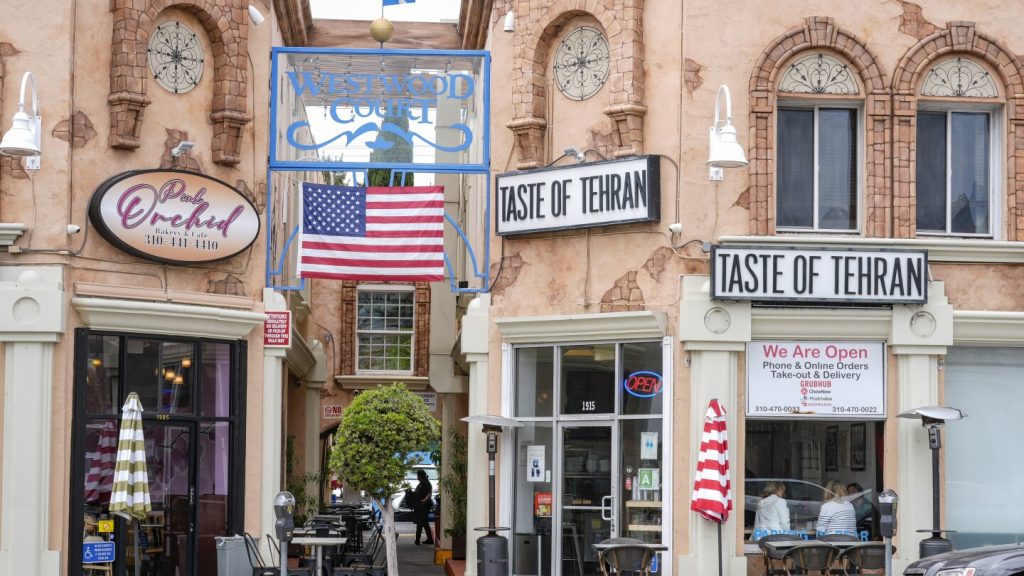The death of Iranian President Ebrahim Raisi in a helicopter crash has elicited mixed reactions among Iranian communities around the world. While some view his demise as an opportunity for change and a step towards vanquishing the regime, others fear that it could result in further repression. Raisi, as a pillar of the authoritarian Islamic government of Iran, had been sanctioned by the U.S. for his role in mass executions of political prisoners in the 1980s. His death has led to expressions of public grief and support within Iran, but some expatriates felt bold enough to celebrate in cities across Europe and beyond.
The Iranian diaspora, which includes those who fled post-revolution Iran due to repression or economic difficulties, is scattered around the world in large communities. Many Iranians in places like California, London, Paris, and Stockholm have expressed their relief at Raisi’s passing through social media videos and public gatherings. For many, Raisi’s death symbolizes a small victory for the Iranian people and a step forward in challenging the regime. However, concerns about potential successors and the continuation of repression persist, especially for those with family and friends still in Iran.
Despite concerns about stability and the potential for increased repression, some see Raisi’s death as an opportunity for Iranians to push back against the regime from within. Anti-government chants were heard in Tehran following news of the crash, indicating a desire for change among some segments of the population. While political instability may lead to more brutality from the government, it also opens up space for dissent and protest. Many Iranians, both inside and outside the country, view Raisi’s death as a sign of hope and a chance to weaken the regime through internal resistance.
In places like Los Angeles, home to a large Iranian community, reactions to Raisi’s death are mixed. While some express relief and a sense of justice at his passing, others are skeptical that it will lead to significant changes. The fear of retaliation against loved ones in Iran and concerns for personal safety prevent some expatriates from speaking openly about their feelings on the matter. The reaction to Raisi’s death reflects the complex and diverse perspectives within the Iranian diaspora, as well as the deep-seated desire for change and justice among many Iranians.
As Iran grapples with the aftermath of Raisi’s death, the international community watches closely for signs of potential shifts in power dynamics and policy direction within the country. The appointment of a caretaker president and the upcoming presidential election add layers of complexity to an already volatile situation. While some fear increased repression and violence, others see Raisi’s demise as an opportunity for Iranians to challenge the regime and work towards a more democratic future. The legacy of President Raisi and the impact of his death on Iran’s political landscape remain uncertain, but for many, it represents a moment of reckoning and potential change.


